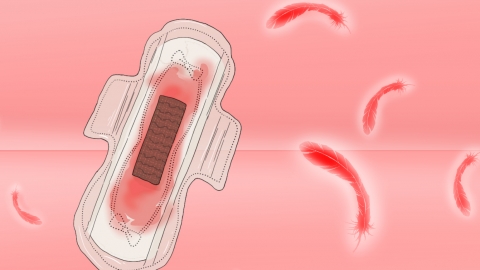Is it accurate to test for HPV during light menstrual bleeding?
HPV testing during menstruation is generally not accurate. During the menstrual period, the presence of blood and shed endometrial tissue in the vagina may interfere with HPV sample collection, potentially leading to false-negative or false-positive results, thus affecting diagnosis. If you have already scheduled an HPV test but your period starts, it is advisable to reschedule. If test results are abnormal, seek medical attention promptly.

From a methodological standpoint, HPV testing requires collecting exfoliated cervical cells. During menstruation, menstrual blood can dilute the cell sample and may cover the cervical surface, resulting in insufficient or contaminated samples. This makes it difficult to accurately detect HPV infection, which could impair clinical assessment and delay timely intervention.
The optimal time for HPV testing is 3–7 days after complete cessation of menstruation. At this time, the vaginal environment is cleaner, allowing for more accurate cervical cell sampling and providing a more reliable reflection of HPV infection status. Even in cases of light spotting or minimal bleeding, it is recommended to postpone the test until bleeding has stopped to ensure result reliability and avoid unnecessary repeat testing.
It is important to maintain good menstrual hygiene—frequently change sanitary products, avoid sexual intercourse during menstruation, and keep the external genitalia clean and dry. If planning an HPV test after your period, avoid douching or using vaginal medications within 24 hours prior to the test to ensure optimal testing conditions.




